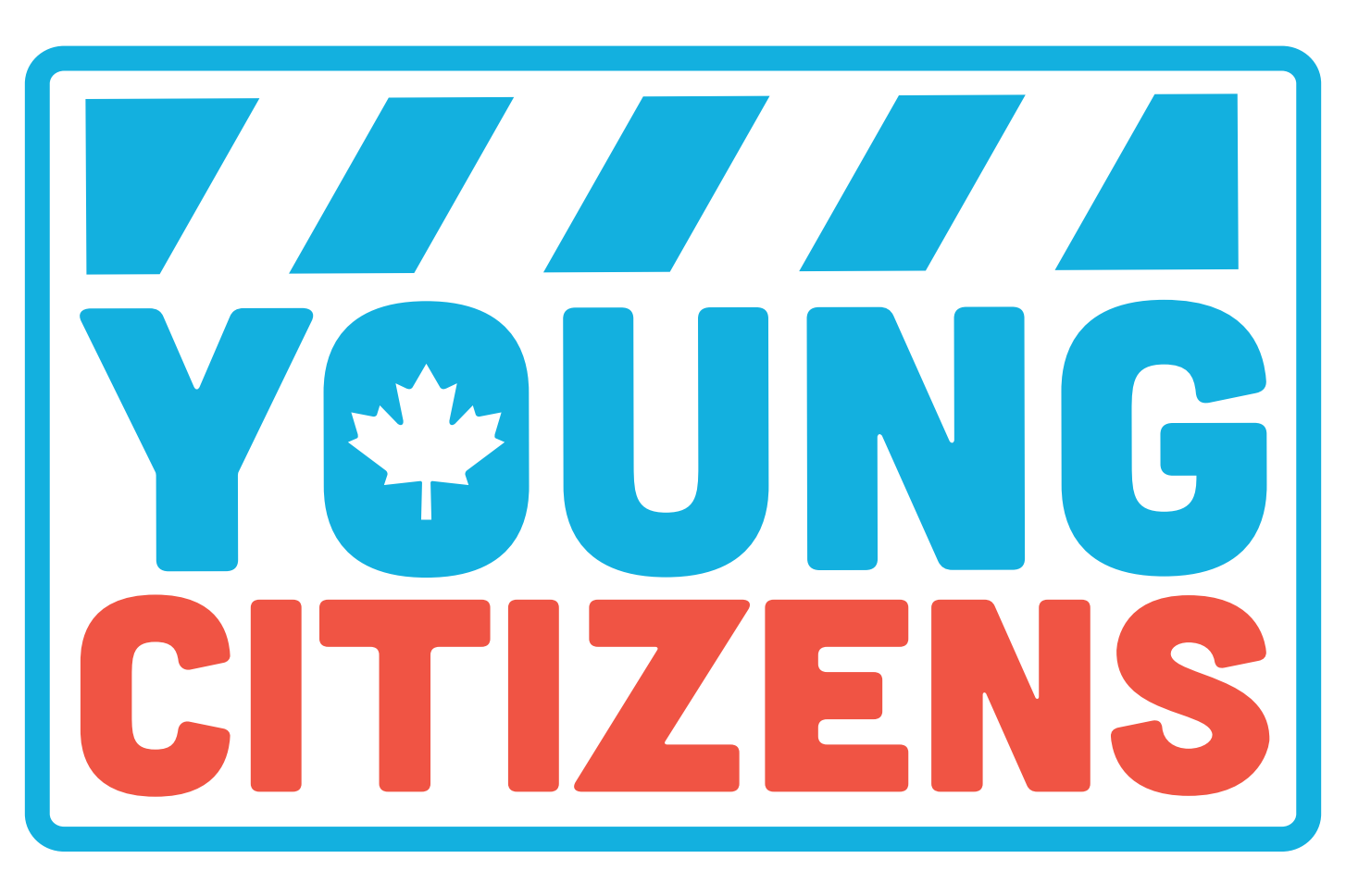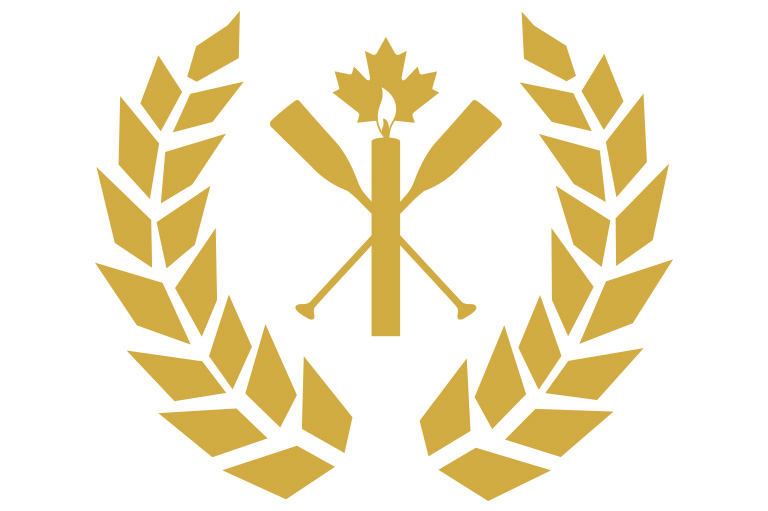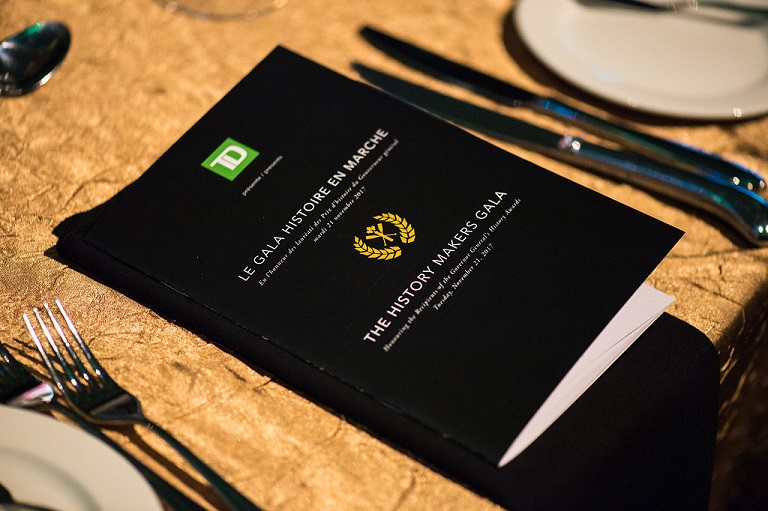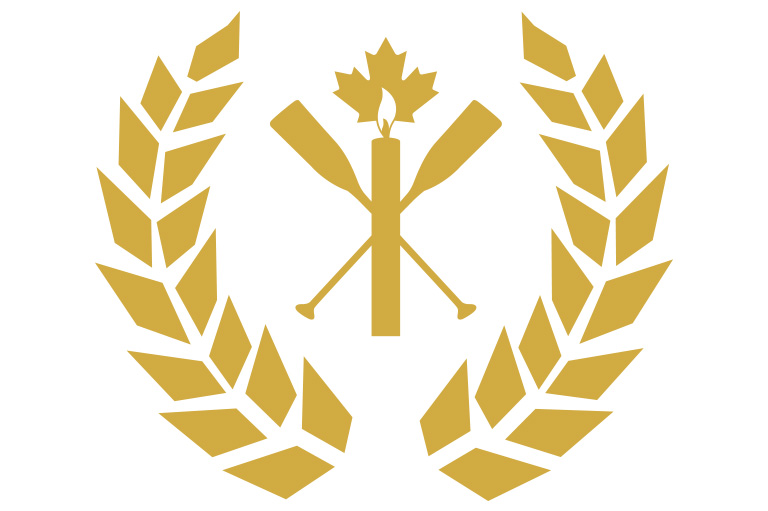2018 Finalists for the Governor General’s History Award for Excellence in Teaching
Canada’s History is pleased to announce this year’s shortlist for the Governor General’s History Awards for Excellence in Teaching. Through their unique projects, these 25 finalists demonstrate many best practices in history education, including creating authentic learning experiences, encouraging historical research and critical thinking, incorporating historical thinking concepts, and considering Indigenous perspectives and worldviews.
Established in 1996, the award honours six teachers for innovative approaches to teaching Canadian history. Teachers receive a cash prize of $2,500, an additional $1,000 for their school, and an all-expenses-paid trip for two to Ottawa. There, they will receive their award from Her Excellency, the Right Honourable Julie Payette, Governor General of Canada at Rideau Hall. The winners will be announced in the fall.
We invite you to listen to interviews with the finalists to learn more about their projects and the important work they are doing to research, interpret, and share the stories of the past.
Congratulations to this year’s finalists!
Mathieu Beauséjour
Collège Saint-Sacrement, Montréal, QC
Mathieu Beauséjour has created a project that gamifies the teaching of Quebec and Canadian history. He uses video games to teach his students content, develop their critical thinking skills, and to integrate the historical method.
Jean-Pierre Bélanger
Collège Clarétain, Victoriaville, QC
Jean-Pierre Bélanger’s project, “Le discours politique, dans la peau des personnages!” is a unique opportunity for students to reproduce historical discourse in the classroom. Students take ownership of history by bringing the words that have marked Canadian history to life, putting those words into context, and examining their impact on society in the past and also today.
Karen Randall Blancher
Napanee District Secondary School, Napanee, ON
Karen’s students took part in a youth-led project designed to respond to the Truth and Reconciliation’s Calls to Action. Karen and her students formed partnerships with Indigenous artists and, during a two month artist-in-residence program, students and artists worked together to create a twelve panel mural. The collaboration provided students with the opportunity to create meaningful relationships with Indigenous artists and knowledge keepers and to learn about the stories and traditions depicted in the murals
Éric Chassé
École Internationale Lucille-Teasdale, St-Hubert, QC
After researching a historic building characteristic of New France, Éric Chassé's students have to reproduce a scale model of their chosen building. Their mission is then to design and animate, with their peers, a history lesson centered on the function of the building in question.
Michael Diluccio
Markville Secondary School, Vaughan, ON
Through a competitive and collaborative assignment titled “Rock Your Decade,” Michael’s grade 10 students critically examine post-war Canadian history. Students are assigned a specific decade, and through a series of assignments and presentations, they must advocate for that decade and challenge specific historical events and decisions made by the federal government in other decades.
Temma Frecker
The Booker School, Port Williams, NS
Temma’s students embarked on a 6-week interdisciplinary project that focused on understanding multiple perspectives. They delved into the timely debate around commemorating controversial historical figures by putting together their own proposal regarding the statue of Sir Edward Cornwallis, which was removed from a Halifax park earlier this year. Temma’s students created their own unique solution called, “The Conversation,” which they detailed in an official proposal to the Cornwallis Committee and shared through public outreach and social and traditional media.
Jean-François Gosselin
École Marcelle-Mallet, Québec, QC
Students in Jean-François Gosselin’s Canadian and Quebec history course must design a 3D model of a scene from the Conquest of 1760 using the game Minecraft. This project, carried out in collaboration with the Musée de la Civilisation de Quebec, aims to integrate the teaching of the social universe to the new M-Lab of the museum, while also giving students the opportunity to use their creativity in a popular gaming environment.
Kerri-Lee Hewlett
Canterbury High School, Chelsea, QC
For their grade 10 French immersion history course, Kerri-Lee’s students learn the six historical thinking concepts by applying them to significant events in Canadian history since the Second World War. As a culminating activity, students create an artistic piece to commemorate an important event or moment, incorporating key concepts like historical significance, cause and consequence and the ethical dimension of history.
Maxine Hildebrandt and Lisl Gunderman
Mother Earth's Children's Charter School, Devon, AB and Wildwood School, Wildwood, AB
Through a unique teaching partnership, Maxine and Lisl have created a cultural exchange for their young students from different backgrounds and communities. After initial steps to introduce the students from Mother Earth's Children's Charter School (Canada’s first and only Indigenous charter school) and students from Wildwood School (a small rural public school), the teachers planned and delivered four field trip days rich in history learning where each school hosted the other over a period of four months.
Lisa Howell
Pierre Elliott Trudeau Elementary School, Gatineau, QC
Lisa’s Grade 5 and 6 students explored both historical and current issues surrounding the funding of First Nations healthcare. After conducting research, listening to stories from Elders, and speaking with experts, they used their knowledge to write and film a Public Service Announcement about Jordan’s Principle that will air on national television and radio, as well as on various media sites.
Christina Iorio
St. Augustine Catholic High School, Richmond Hill, ON
She has developed a series of lesson plans that introduce her students to primary sources and develops their historical thinking skills. As a culminating activity, students create an escape room game for the rest of the class to participate in.
Warren Lake
Robert Thirsk High School, Calgary AB
Warren’s students participated in a citizen science project with the Arctic Institute of North America. Over a ten-week period, students transcribed whaling navigator journal entries from the 1850s. They pulled out data on climate, weather, sea ice, and location to be used by researchers developing new sea ice and climate models for this time period.
Rémi Lavoie
École Paul-Hubert, Rimouski, QC
Rémi Lavoie’s project “Héros ou Zéro” tasks students to select a character in the history of Quebec and Canada, to make a hypothesis about whether they were a “hero” or a “zero” in history, and to document their life and actions. They must validate their hypothesis and justify their position about this character through the research they perform. Afterwards, they are invited to share their findings during discussions.
Danita Lewis
Southgate Middle School, Comox, BC
Danita has created a six-week program called First Nations Studies that is offered to both Indigenous and non-Indigenous students at her school. Through experiential and exploratory learning, the program creates an awareness and respect for Indigenous history, culture, and tradition; and serves to build bridges between indigenous and non-Indigenous learners.
Mercedes Luby
Leary's Brook Junior High, St. John's, NL
Mercedes is the co-ordinator for the Newfoundland and Labrador Human Rights and Holocaust Studies Program, an extra-curricular educational opportunity for middle school/high school children in Newfoundland and Labrador. The program promotes human rights awareness, tolerance, and social accountability and consists of an educational component, community service component, and a travel component. To date, over 500 students have successfully completed the program.
Matthew McCutcheon and Ryan Bucci
Eastern Passage Education Centre, Dartmouth, NS
Matthew and Ryan tasked their Grade 8 social studies students with researching, writing, and recording podcasts that told the stories of Canadian Victoria Cross Recipients from the Second World War. They also hosted live podcast events, where students could share their work, answer questions about their research process, and reflect on their overall experience.
Sara McFarlane
École LeMarchant St. Thomas School, Halifax, NS
Sara’s students used the six historical thinking concepts to examine the history of African Nova Scotians and to learn about Africville. Students researched and produced historically accurate board games showcasing what Africville was like prior to 1960.
Jean Moir
Langley Meadows Community School, Langley, BC
Jean has created a ten-lesson module called, “Gladys We Never Knew,” which focuses on Indigenous history in Canada and, in particular, the residential school system. By studying the life of Gladys, a girl from the Nlaka’pamux Nation in Spuzzum, BC, students have the opportunity to connect personally to Gladys as they take part in this journey of historical inquiry.
Mboyo Onehese
École secondaire publique De La Salle, Ottawa, ON
Mboyo Onehese's project puts the student at the center of his learning and allows him to live the role played by a historian through a series of communication, art, investigation and research activities designed to improve understanding of Canadian history.
Michelle Park
Corner Brook Regional High, Corner Brook, NL
Michelle’s students study different aspects of the Home Front experience during the Second World War, including propaganda, rationing, changing women’s roles, and the the treatment of different minority groups. To conclude the lesson, her students create, research, and develop a project of their own that further explores the various impacts of the war on the daily lives of Canadians.
Karen Parfitt
Bracebridge and Muskoka Lakes Secondary School, Baysville, ON
Karen created a museum project for her grade 9/10 French immersion Canadian history class. After visiting a few museums and exploring virtual exhibits, students were tasked with selecting a series of artifacts to curate their own exhibit around a theme of their choice. The students wrote a research paper explaining their choice of artifacts and also built miniature exhibits, or dioramas, which were put on display for students to view.
Paul Paterson
Westmount Secondary School, Ridgeville, ON
Inspired by the 150th anniversary of Canadian Confederation, Paul’s students formed their own “Think Tank” to create a vision for Canada in the year 2070. Over the semester they identified priorities for the country, researched the history of these topics and developed a detailed Policy Proposal. They created a website to showcase their papers online and shared their findings at press conference.
Denee Repski and Justin Harrison
Campbell Collegiate, Regina, SK
Denee and Justin have created a project called “History Underground: The Road to Reconciliation,” which encourages their students to make connections between Canada’s colonial history, and the enduring legacy of this history. Students learn from a variety of Indigenous speakers and organizations, visit places of historical significance, and collaborate and volunteer with local agencies that serve the community.
Eve Seni
Pierre Elliott Trudeau High School, Toronto, ON
Eve’s Grade 10 students are tasked with researching the First World War through the lens of “pertinence.” Students choose one aspect of the war and must demonstrate if and how their topic remains relevant to Canadians today. Students create a written report and visual element to make their case to their peers.
Karine St-Cyr
École de la Rose-des-Vents, Rimouski, QC
Karine St-Cyr's multidisciplinary project favours a practical and dynamic approach where students have to make a model of their village to scale. From a historical perspective, they must understand the life of their ancestors in the village and compare it to present day with all of the changes that occur.
Themes associated with this article
Advertisement
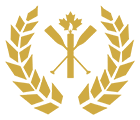
Celebrating the very best in Canadian achievements in the field of history and heritage.

Nominations for the Governor General's History Award for Excellence in Teaching are accepted all year round.

